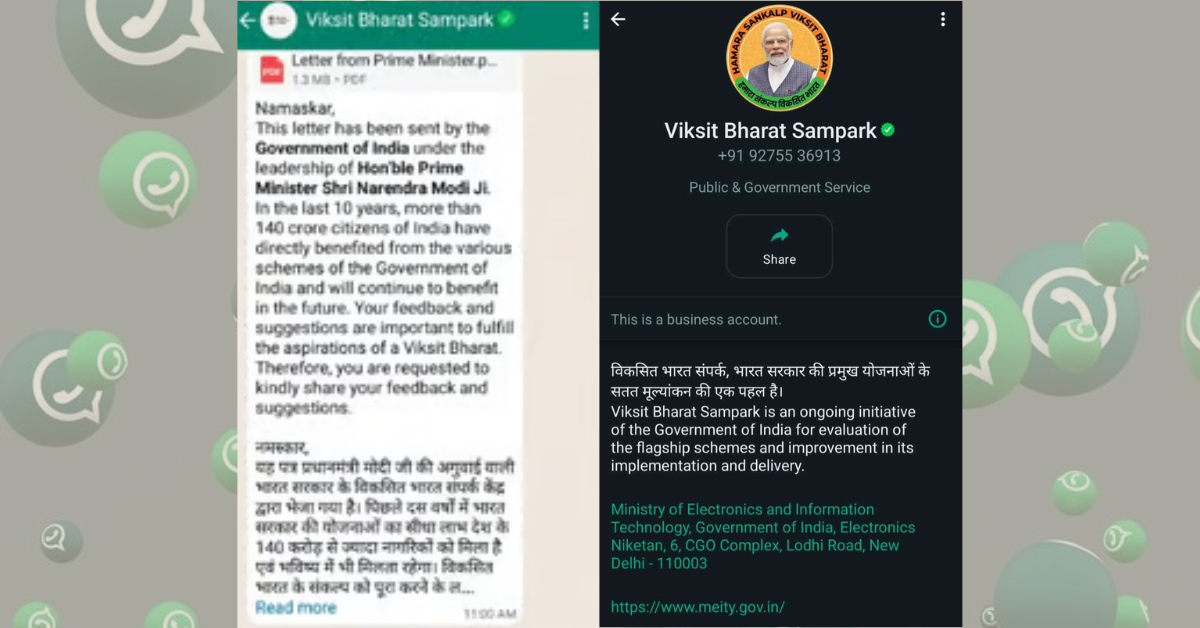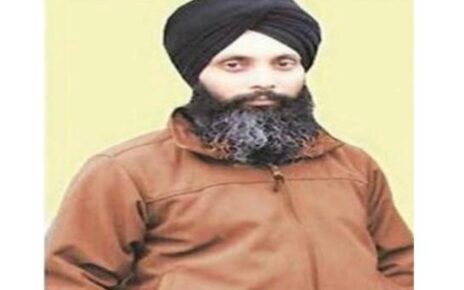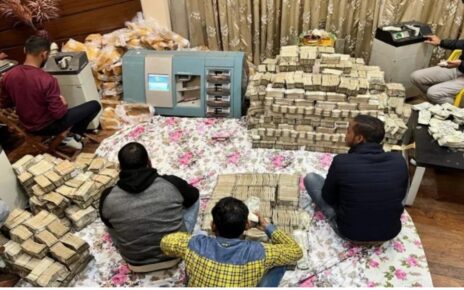In a recent report, Chandigarh’ election authorities have flagged a mass messaging campaign orchestrated by the Bhartiya Janta Party on Whatsapp as a violation of the Model Code of Conduct (MCC). A message received by the Indian Citizens across the globe featuring a letter from Prome Minister Narendra Modi under the banner of ‘Viksit Bharat Sampark’ on 15th March 2024, has agitated Chandigarh officials to escalate the matter to Election Comisison of India.
A Chandigarh resident, affronted by the perceived misuse of the official government channels for promotions during election period has led to lodge a complaint throught the Election Comission’s C-Vigil app. This further escalated in to a investigation by Chandigarh’s District Media Certificaiont & Monitoring Committee, which concluded that the matter is indeed a potential breach of the MCC.
Since the matter sorrounds the spread of bulk messages to millions of Indian citizens, and considering the requirement of nationwide jurisdiction, the Chandigarh administration has handed over the matter to Election Commisison of India (ECI) for further investigastion.
Vinay Pratap Singh, Chandigarh’s returning officer-cum-deputy commissioner, clarifying the committee’s findings, explained that use of social media platforms for political agenda warranting scrutiny under electoral guidelines. In committees determination to violate MCC regulations prompted the referral of the case to teh Election Comission for further action.
Singh also cited the involvement of both the Government of India and Meta (foremelry Facebook), that outdo Chandigarh’s jurisdiction and emphaiszed on the national implications of the matter. This highlights the need for a investigation at larger scale and thus waiting on a response from the Election Comission.
Meanwhile, opposition parties inclund Shahi Tharoor and Manish Tiware have escalated the issue denouncing unethical use of government machinery for political gains and have asked for quick Election Commision’s intervention. Tharoor has also mentioned thath individuals from different geographical locations, including UAE and the UK have shared similar instances and this raises concerns about data privacy and breaches.
Similarly, Tiwari criticized the unsolicited nature of the messages and have raised questions about the source od the mobile numbers that has been utilitzed in the campaign. He highlighted the boarder issue of data privacy and the mechanism through which political parties access over voter’s infomation.
Srinivas Kodali, an expert on data privacy and digital rights, shed light on the complex ecosystem underlying political campaigning, wherein government data often intermingles with party databases and third-party brokers. This convergence of informations sources underscores the challenges posed by hybrid political machinery and the potential risks to the individual privacy.
As the controversy unfolds, all eyes are on the Election Comission to uphold electoral integrity and address concerns regarding the misuse of official channels for political mesasaging. The outcome of this investigation could have far-reaching implicationsfor electoral transparency and data privacy in India’s democratic process.
The product of this incident extend beyohnd Chandigarh, with borader concerns surrounding electoral ethic and digital privacy in the age of every-present connectivity. This step by Modi government shows the saddening side of the evolving landscape of political communication and the imperative of safeguarding democratic principles.




